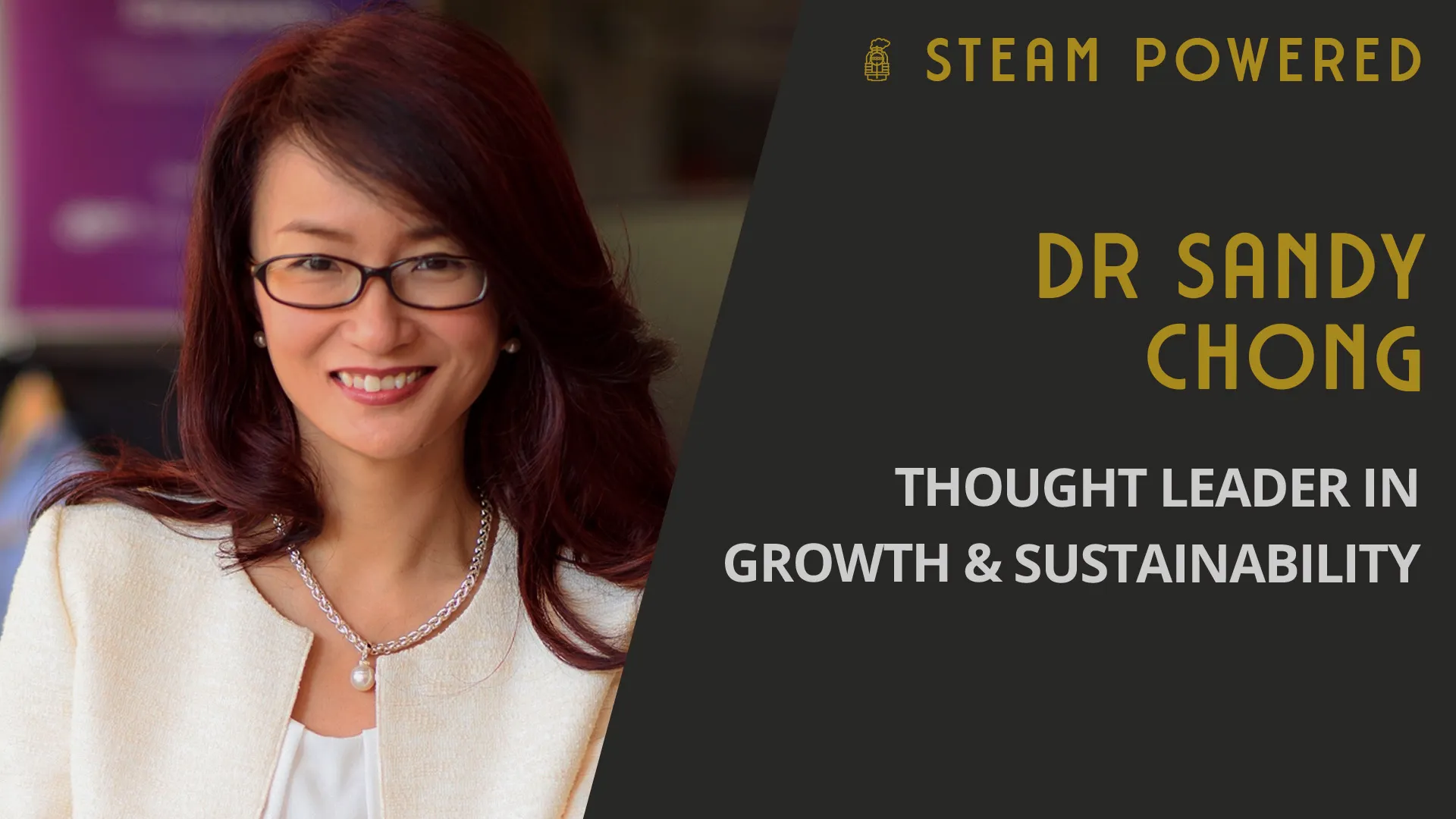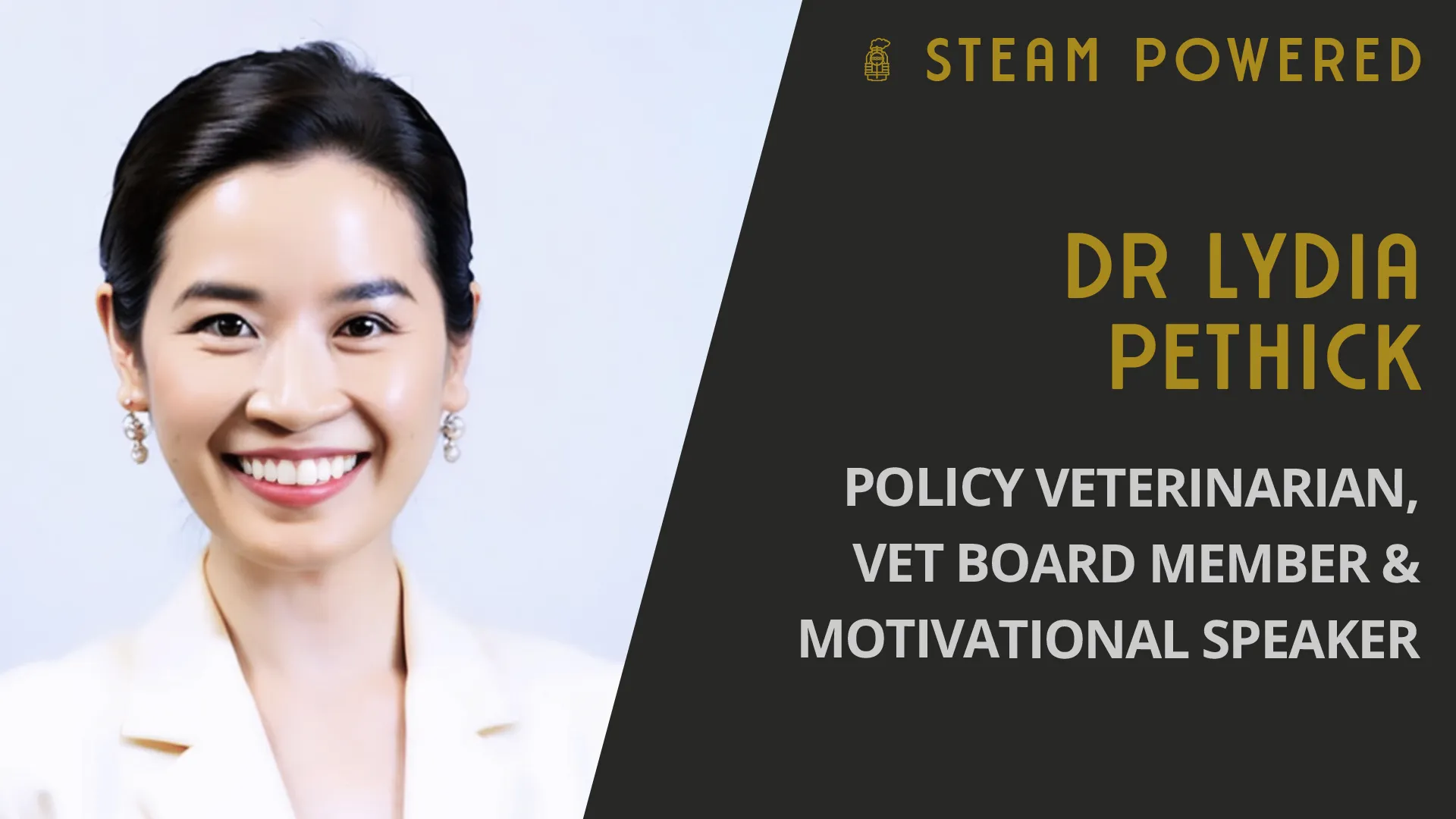Plant immune systems and SciArt with Eleonora Moratto
A common thread between the arts and the sciences is storytelling. In both scenarios you’re building worlds, and creating an understanding of the mechanisms that make the system work (or not work), and the relationships within that bubble.
Eleonora Moratto is the Biology Ballerina. She is a freelance professional ballet dancer, and is currently completing her PhD in plant pathogen interactions. Join us as we speak about Eleonora’s work exploring electrical fields and plant immune systems, and her journey as a SciArtist.
About Eleonora Moratto
Eleonora Moratto is The Biology Ballerina. She is completing her PhD in and interactions at Imperial College London and is a freelance professional ballet dancer currently working with the Ballet Dream Arts company. She is involved in SciArt projects, women in STEAM activities, long hair modelling, and historical reenactment.
- Eleonora Moratto: https://sites.google.com/view/eleonoramoratto
- Instagram: @eleonoramoratto
- Twitter: @eleonoramoratto
- LinkedIn: https://uk.linkedin.com/in/eleonora-moratto-a57391130
Listen to the Podcast
Listen on Apple Podcasts, Spotify, iHeartRadio, Amazon Music, Castbox, Deezer, Goodpods, Overcast, Pocket Casts, TuneIn, Blubrry, Podcast Addict, Podchaser, JioSaavn, RSS , and other podcast platforms.
Watch on YouTube
- [00:01:08] Eleonora's path to biology.
- [00:03:30] Researching plant pathogen interactions, specifically Phytophthora palmivora.
- [00:05:22] Looking for novel solutions that prevent the spread.
- [00:07:33] Exploring electric fields around plants and pathogens.
- [00:11:47] Looking to her future in academia and biological interactions.
- [00:13:52] The wider applications of research in interactions and electrical fields.
- [00:15:17] The Biology Ballerina.
- [00:17:02] A SciArtist's dream.
- [00:19:00] The balance of the arts and sciences for Eleonora.
- [00:22:41] Freelancing as a ballerina.
- [00:25:15] SciArts in the wild.
- [00:28:37] Encourage the polymaths and multihyphenates.
- [00:30:25] Passion is interesting.
- [00:31:45] What advice would you give someone who'd like to do what you do, and what advice should they ignore?
Highlights
Connect with Us
- @steampoweredshow
- @steampoweredshw
- @steampoweredshow
- @steampoweredshow
- @steampoweredshow
- @steampoweredshow
- steampoweredshow
Support STEAM Powered
Review Us
Please leave us a review on Apple Podcasts, Spotify, GoodPods, Podchaser, or your preferred podcatcher.
Become a Patron
Affiliate Programs
Start your own podcast or YouTube channel, or run panels and seminars with
Riverside.fm. Record up to 8
people in a session with up to 1000 audience members. You can record in advance
as I do, or you can livestream with the option to send it straight to Facebook,
Youtube, Twitter, or Twitch. There’s even a green-room for guests and live call
in for audience members. Afterwards, get separate video (up to 4K) and audio (up
to 48kHz) tracks per recorded participant for editing, none of that “active
speaker only” limitation. You know you’re in good hands with a service whose
client-base includes some heavy-hitters. Check out
Riverside.fm to see who else is on
board. Use promo code STEAM25 to get 25% off the first three months of your
subscription.
Music is “Gypsy Jazz in Paris 1935” by Brett Van Donsel.

